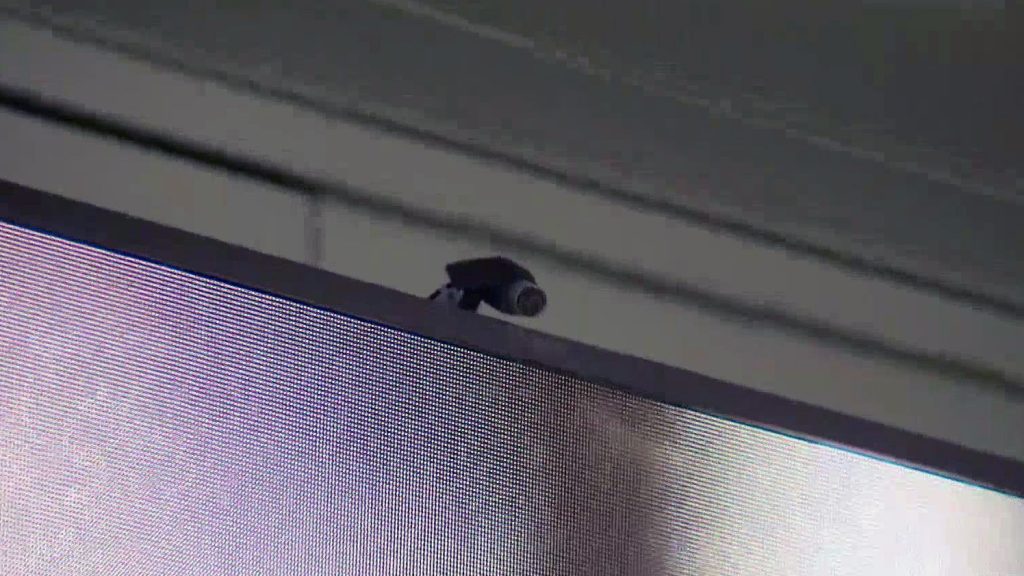As you navigate through Union Station, you may catch a glimpse of the numerous advertising billboards lining the passageways. However, an unsettling reality lurks behind some of these advertisements: the billboards are equipped with cameras that are actively monitoring passersby.
The billboards, situated near the Union Station bus terminal, are owned by Cineplex Digital Media. According to the company's website, they have installed camera sensors capable of detecting the faces of individuals walking by. This technology, however, has sparked significant concern among commuters who are largely unaware that their images are being recorded.
One commuter expressed disquiet about this intrusion, stating, “It’s a human right to privacy. I may not want anyone to know I’m down here, and I don’t know what you’re doing with my facial image or how you’re selling it.” Such sentiments reflect a growing apprehension regarding privacy in public spaces.
Cineplex Digital Media (CDM) maintains that their technology employs facial detection rather than recognition and promises that images are deleted within milliseconds. However, privacy advocates view this reassurance as inadequate. Ann Cavoukian, the former privacy commissioner of Ontario, voiced her disapproval, saying, “That’s not good enough.” She emphasizes that in the current digital landscape, collecting any form of data related to individuals carries significant risks regarding how it might be used in the future, labeling the practice as “completely unacceptable.”
CDM argues the technology is designed solely to ascertain the general age and gender of viewers, using this information to deliver targeted advertisements that resonate more closely with the audience. For some individuals, this approach to advertising is met with approval. As one woman noted, “If I can get tailored ads that are relevant to my life, maybe it’s offers or things that are going on in the market, I wanna see them.”
However, Cavoukian warns that if this situation were brought before her, she would advocate against the use of such cameras. She highlights the profound role privacy plays in maintaining personal freedoms, asserting that it is essential to our daily lives. With the proliferation of technology capable of capturing data—often without the subjects’ knowledge—the threats to personal privacy continue to escalate. “That’s what concerns me,” she concluded.
In proximity to the billboards, a small notice warns individuals that their images may be captured; however, it is nearly invisible. Once the cameras take a photograph, there is no option for individuals to opt out of the service. Consequently, regular passersby may find that the system begins to tailor suggested content based on their interests over time.












